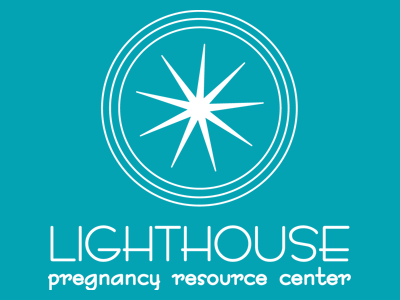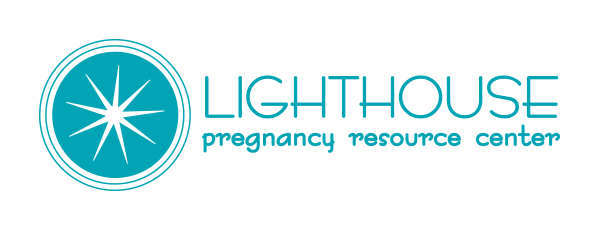The morning-after pill is often referred to as “emergency contraception” or Plan B®, the brand name that started it. If you have had unprotected sex and are considering taking this pill to prevent pregnancy, it is important for you to understand more about this option.
What is it?
- It is a drug intended to be taken as soon as possible within the first 72 hours of having unprotected sex in order to prevent pregnancy.
- The pill contains a high dose of a progestin hormone (levonorgestrel), which is found in some types of birth control pills. At the dosage found in the morning-after pill, this drug may prevent an embryo from implanting in the uterus. 1
- Since 2009, Plan B® has been reformulated into a single dose tablet called Plan B® One-Step. A two-dose generic form is also available. 2
How does it work?
Depending on where you are in your menstrual cycle, the pill could affect you in one of three ways:
- It may prevent ovulation: The egg will not be released to meet the sperm — so fertilization or conception cannot occur.
- It may affect the lining of your fallopian tubes so that sperm cannot reach the egg, which also prevents fertilization.
- It may irritate the lining of your uterus making it a hostile environment for an embryo. If an egg has already been released and fertilized by the sperm, this irritation could make it harder for the embryo to implant in your uterus. 3
What are the side effects?
As with any medication, there are potential side effects. You may experience several of the following short-term side effects when taking the morning-after pill:
- nausea and vomiting
- irregular and unpredictable menstrual periods
- cramping and abdominal pain – which may also be the sign of an “ectopic pregnancy” (see next section)
- fatigue
- headache
- dizziness
- breast tenderness 4
What is an ectopic pregnancy? Why does it matter?
- Ectopic pregnancy is a potentially life-threatening condition in which a fertilized egg implants outside of the
uterus — most often in the fallopian tubes. - The morning-after pill will not end an ectopic pregnancy.
- If you have severe abdominal pain three to five weeks after using the morning-after pill, see your healthcare provider to rule out an ectopic pregnancy.
- An embryo growing in the fallopian tube will require emergency care. 5
What happens if I use emergency contraception after fertilization?
The high dose of levonorgestrel found in the morning-after pill may irritate the lining of your uterus. That irritation may keep the embryo inside you from implanting, thus causing the embryo to be aborted.
How can I know if an egg has been fertilized?
Unfortunately, there is no way for you to know for sure if an egg has been fertilized. However, we do know that sperm can reach the fallopian tubes mere minutes after intercourse6. If an egg has already been released, fertilization can occur.
What else should I know?
- The morning-after pill cannot guarantee that you will not get pregnant.
- The morning-after pill does not protect against HIV/AIDS or other sexually transmitted diseases (STDs).
- After the sperm penetrates and fertilizes the egg, 46 human chromosomes come together in a one-of-a-kind genetic design that determines a person’s eye and hair color, gender, skin tone, height and even fingerprints.
- The morning-after pill is not the same thing as the abortion pill. To learn more about the abortion pill click here.
Sources:
- FDA Prescribing and Label Information for Plan B® One-Step; Rev. July 2009; pp. 13-14; http://www.accessdata.fda.gov/drugsatfda_docs/label/2009/021998lbl.pdf.
- Watson Pharmaceuticals Receives FDA Approval for Generic PLAN B® for Over-the-Counter Use; August 28, 2009; http://phx.corporate-ir.net/phoenix.zhtml?c=65778&p=irol-newsArticle&ID=1325502.
- See footnote 1, p. 13.
- See footnote 1, p. 3.
- See footnote 1, pp. 6 and 17.
- L. Speroff and M.A. Fritz. Clinical Gynecological Endocrinology and Infertility, 7th Edition (Baltimore, MD: Lippincott Williams & Wilkins, 2005), p.235.


